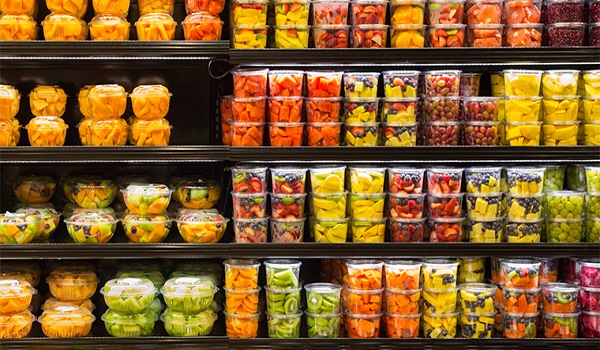With growing concerns about non-communicable diseases like diabetes and obesity, major packaged food companies in India are taking proactive steps to alter consumer perceptions about the healthiness of their products. Public health officials have long warned about the adverse health effects of excessive junk food consumption, especially among the youth, who are increasingly sedentary.
Nestle, known for products like Maggi noodles and Kitkat chocolate, is at the forefront of this movement. The company is offering to measure consumers’ body mass index (BMI) and create personalized meal plans through its AskNestle platform. This initiative aims to provide valuable nutritional information in both English and Hindi, including growth trackers, insights from nutritionists, thousands of recipes, and articles on the platform.
Weikfield Foods, led by CEO DS Sachdeva, adopted a unique approach by subjecting themselves to a ‘lie detector’ test in a YouTube video to debunk misconceptions about the healthiness of their pasta. Sachdeva emphasized the pasta’s nutritional value, stating it contains iron equivalent to two bowls of spinach.
This trend extends beyond Nestle and Weikfield, with other major players like ITC, Britannia, Hindustan Unilever Ltd. (HUL), and Amul actively engaging in campaigns to convince consumers that their products are not contributing to unhealthy eating habits.
In response to push back from consumers, investor pressure, and social influencers, these companies are leveraging various strategies. ITC, for instance, has introduced a “digestive quotient score” on its HappyTummy microsite, providing consumers with insights into their digestion.
A recent report by the Access to Nutrition Initiative (ATNI) revealed that packaged food companies in India derived 76% of their revenue from unhealthy products in the current year. The report emphasized the need for companies to focus on health and fitness in their communications, signalling a shift from prioritizing taste alone.
Several companies, including Britannia and Amul, are launching campaigns that promote fitness and a healthy lifestyle. Britannia’s campaign with actor Ranveer Singh for its NutriChoice biscuits brand encourages consumers to take small steps towards a healthier lifestyle.
While many companies have set targets for reducing salt, sugar, and saturated fat in their products, health groups insist that more stringent measures are necessary. Advocacy groups like Nutrition Advocacy in Public Interest (NAPi) are urging the government to establish strict guidelines under the Food Safety and Standards Authority of India (FSSAI) to address the public health crisis associated with ultra-processed foods.
In fact, social media influencers have played a significant role in raising awareness about the high levels of sugar, salt, and fat in packaged and ultra-processed foods. Their impact was evident when a viral video highlighted the “very high levels of sugar” in Mondelez’s health food drink Bournvita, resonating with concerned consumers across India.


